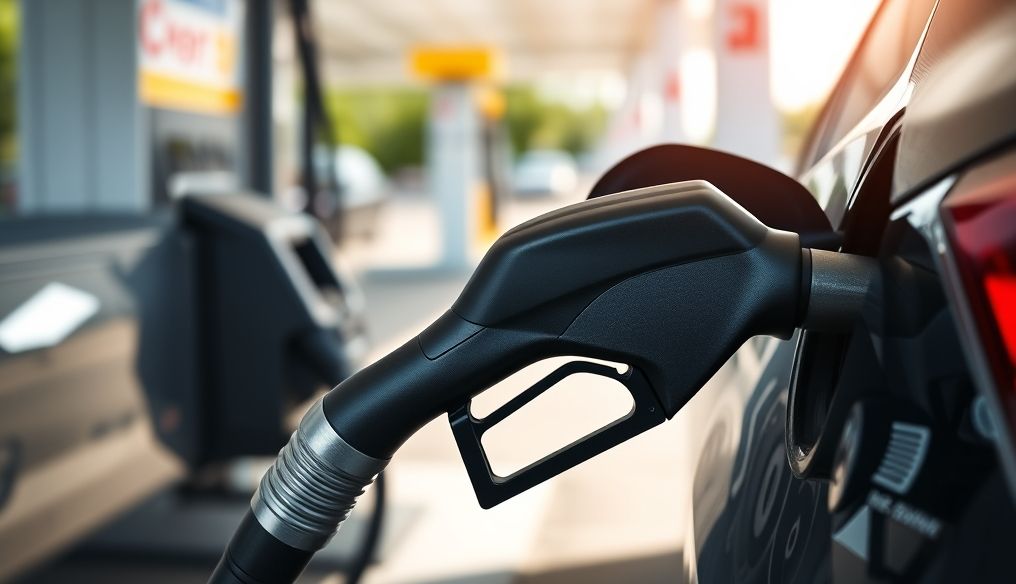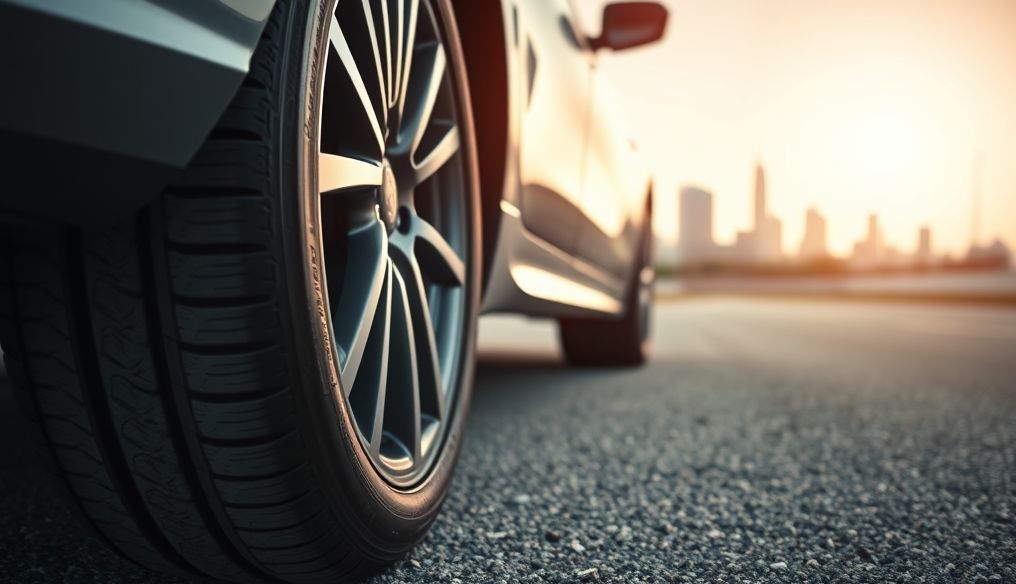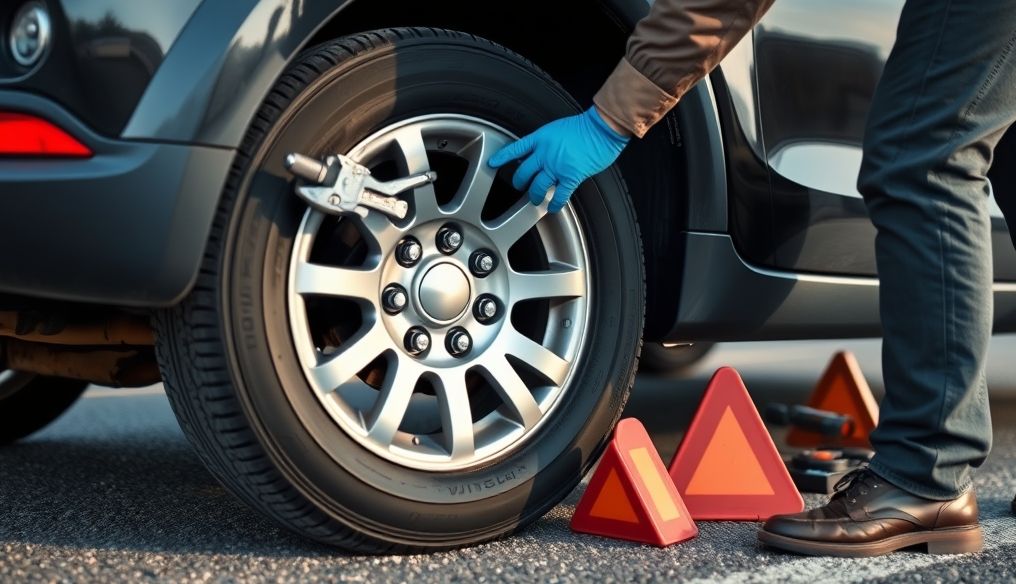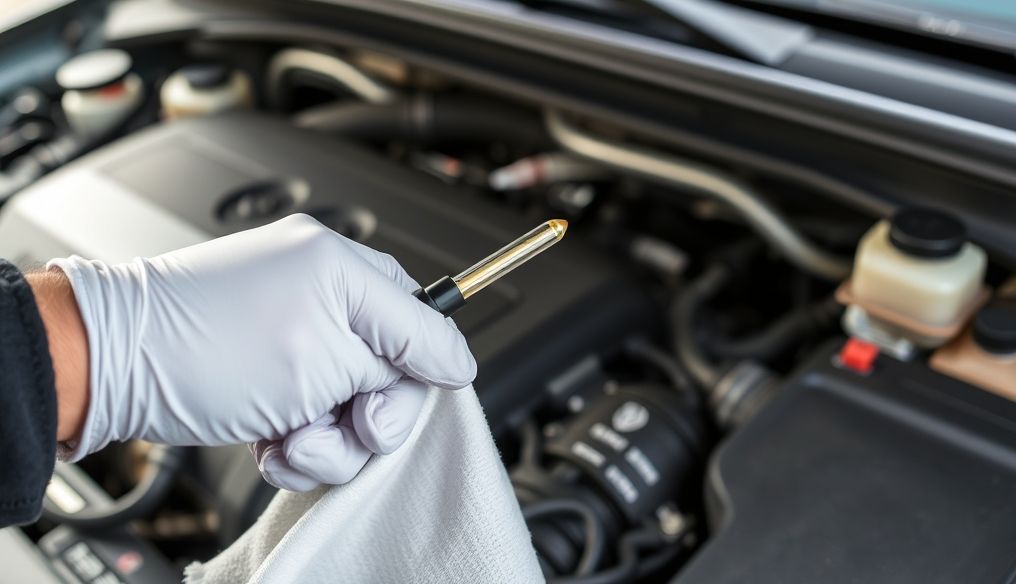Is High-Octane Fuel Necessary for Your Car? A Comprehensive Understanding
Octane fuel is a common topic among car owners, sparking much debate about its benefits and impact on vehicle performance. Is it just a marketing gimmick or does it really improve car performance? This article will provide you with a comprehensive understanding of octane fuel, how it works, and whether it's suitable for your car.
What is Octane?
Octane is a measure of a fuel's resistance to auto-ignition or "knocking" in internal combustion engines. Simply put, the higher the octane number, the greater the fuel's resistance to premature and uncontrolled ignition. This premature ignition causes a distinctive sound known as "knocking" or "pinging," and can cause engine damage in the long run.
How Does the Octane System Work?
The octane number is determined by comparing the performance of the fuel being tested to the performance of a standard mixture of isooctane and heptane. Isooctane has high resistance to auto-ignition (octane number 100), while heptane has low resistance (octane number 0). For example, 95 octane fuel means it behaves like a mixture containing 95% isooctane and 5% heptane.
Types of Octane Fuel Available
The types of octane fuel available at gas stations vary, usually ranging between 87 (regular), 91 (mid-grade), and 93 (premium) or higher in some places. Your car's owner's manual specifies the type of fuel recommended for your engine. Using the recommended fuel ensures optimal performance and prevents engine damage.
When is Using High-Octane Fuel Beneficial?
If your car is specifically designed to run on high-octane fuel, using it is necessary to maintain optimal performance and prevent knocking. These cars are often high-performance engines or engines equipped with turbochargers or superchargers. In these cases, higher octane fuel can provide extra power and better acceleration.
When is Using High-Octane Fuel Unnecessary?
If your car is designed to run on regular fuel (octane 87), using high-octane fuel will not improve its performance. In fact, it may just be a waste of money. The engines of these cars are designed to run efficiently on regular octane fuel, and using higher octane will not increase their power or fuel efficiency.
Can High-Octane Fuel Harm Your Car?
In general, using high-octane fuel in a car designed to run on regular fuel will not harm the engine. However, it may not have any noticeable benefit and may be unnecessarily expensive. It's always best to follow the car manufacturer's recommendations regarding the appropriate type of fuel.
Signs That Your Car May Need High-Octane Fuel
There are some signs that may indicate your car needs high-octane fuel, even if it's not recommended in the owner's manual. These signs include:
- Hearing a "knocking" or "pinging" sound when accelerating.
- A noticeable decrease in engine performance.
- Unusually high fuel consumption.
If you notice any of these signs, it is recommended to consult a qualified mechanic to determine the cause and take the necessary actions.
Tips for Choosing the Right Fuel for Your Car
Here are some tips to help you choose the right fuel for your car:
- Read your car's owner's manual to find out the recommended fuel type.
- If your car is designed to run on regular fuel, there is no need to use high-octane fuel.
- If your car is designed to run on high-octane fuel, use it to maintain optimal performance.
- If you are unsure, consult a qualified mechanic.
Conclusion
In short, using high-octane fuel is not necessarily beneficial for all cars. It depends on the engine design and the manufacturer's recommendations. If your car is designed to run on regular fuel, using high-octane fuel will not improve its performance and may just be a waste of money. It's always best to follow the manufacturer's recommendations to ensure optimal performance and maintain engine safety.
Important Note: This article provides general information and does not replace professional advice. Always refer to your car's owner's manual or consult a qualified mechanic for specific recommendations that suit your car.




